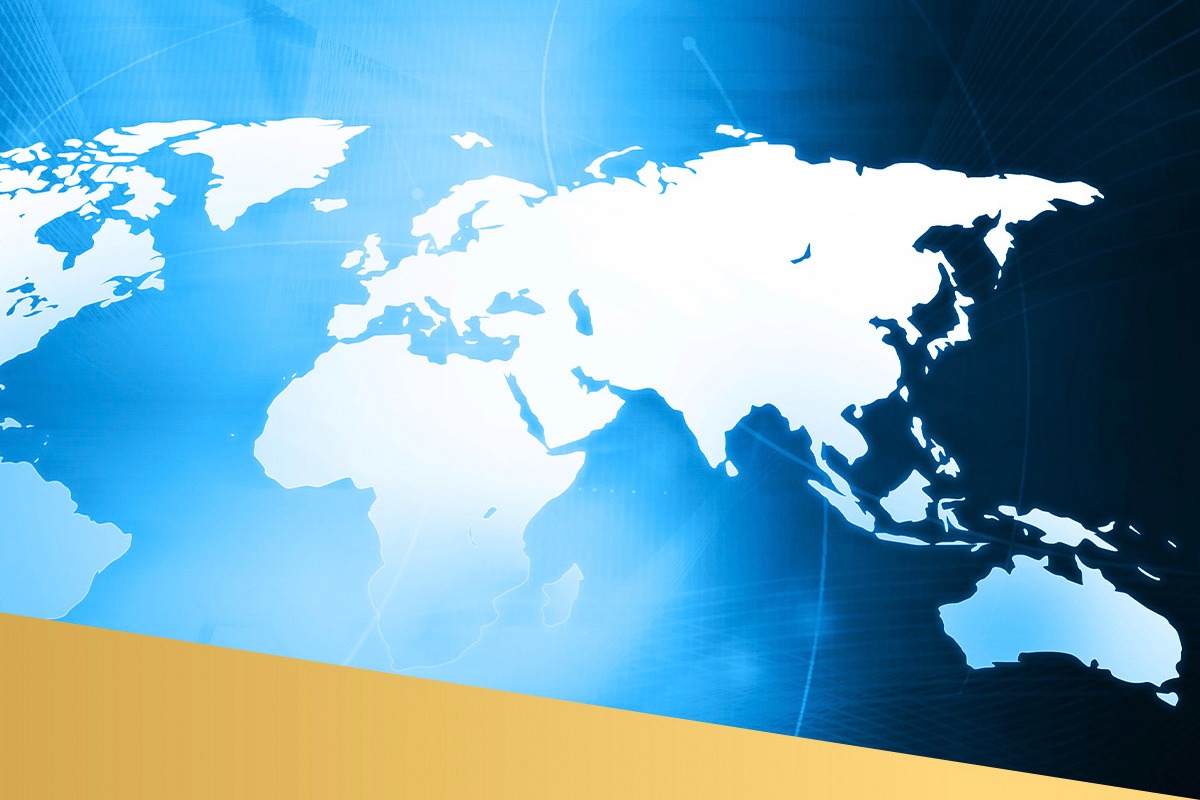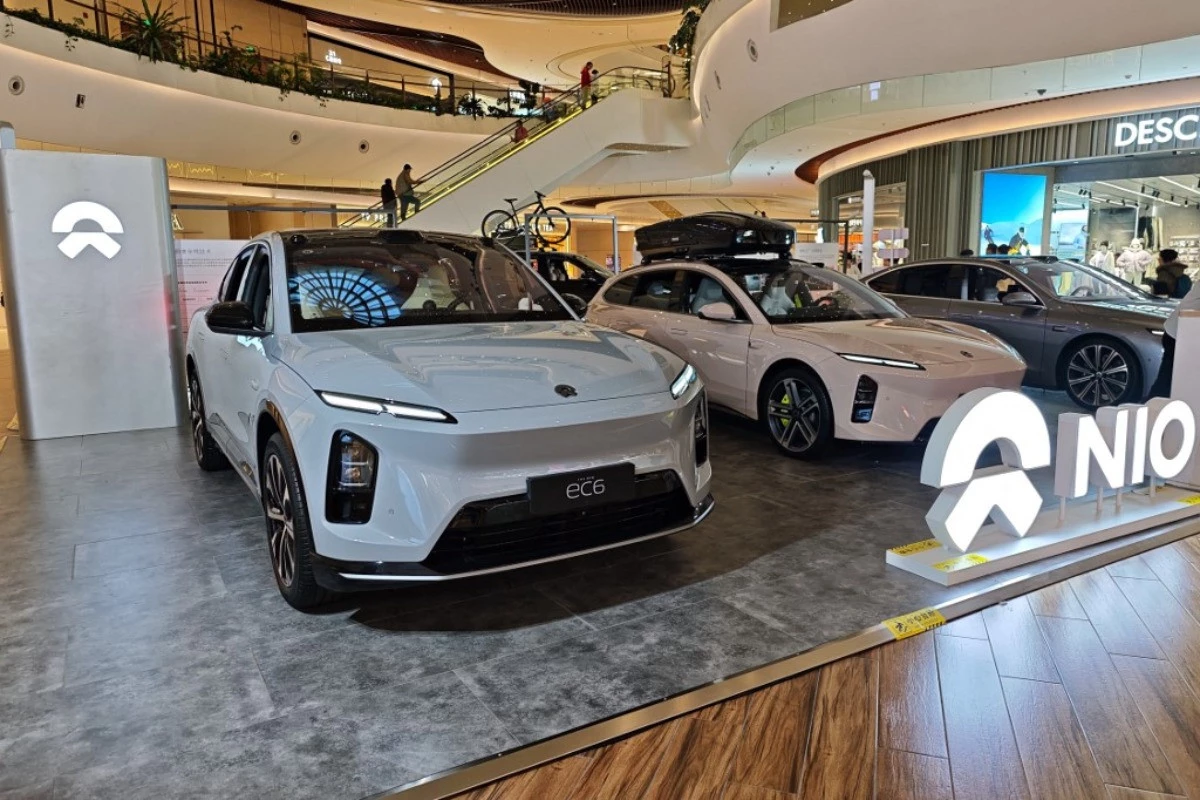The biggest difference between the EU and Chinese initiatives is that European developments have been sparse and have almost disappeared after two years, while the Chinese initiative celebrated its tenth anniversary this year and has already produced a number of successful projects. But while the Chinese leadership supports the Global Gateway, the EU sees the BRI as a threat. Italy announced its withdrawal from BRI cooperation on the very day of the meeting...
Derisking is also not a realistic idea, as the EU and China are very important economic partners: in 2022, bilateral trade in goods rose by 23 per cent year-on-year to a record level of 857 billion euros (935 billion US dollars). EU exports to China rose by 3.1 per cent to 230 billion euros (250 billion dollars), while EU imports from China increased by 32 per cent to 626 billion euros (683 billion dollars). In 2022, the trade volume amounted to more than 2 billion euros per day. It is also important to note that the EU imports 71 per cent of its vital gallium and 45 per cent of its germanium from China. Europe is dependent on Chinese raw material exports for 98 per cent of its digital and green transformation.
Derisking is therefore neither feasible nor in the interests of the EU, but a pure smear campaign against China.
It has often been joked on the international stage that world leaders do not know who to call when they want to negotiate with the EU. The recent meeting between the EU and China was a perfect illustration of this joke: While two of them represented the EU to negotiate peaceful cooperation, Italy announced its withdrawal from the Belt and Road Initiative. French President Emmanuel Macron paid a spectacular visit to China in April, where he called on EU member states to make peace, cooperate and stay out of the US-China conflict, which many did not welcome, and Macron's opinion was immediately muted or even changed - he was very critical of BRICS. German Chancellor Olaf Scholz was the first to visit Beijing after Xi Jinping's third re-election, and in June this year he spoke of expanding cooperation with China - after all, more German cars are exported to China than are sold in the entire EU, but other German companies are also reluctant to reduce their presence in China - while the German Foreign Minister regularly stirs up diplomatic storms with her critical comments on China. Hungary, meanwhile, is pursuing a realpolitik of peaceful cooperation with China in the spirit of its"Eastern Opening" policy.
It is obvious that the member states are primarily pursuing their own economic interests and that the bilateral negotiations with China are about expanding cooperation, while at EU level they pursue, or have to pursue (?), ideological interests.
One question remains: What is the EU's policy towards China? And who should Xi Jinping call to discuss this?
Cover photo: iStock


